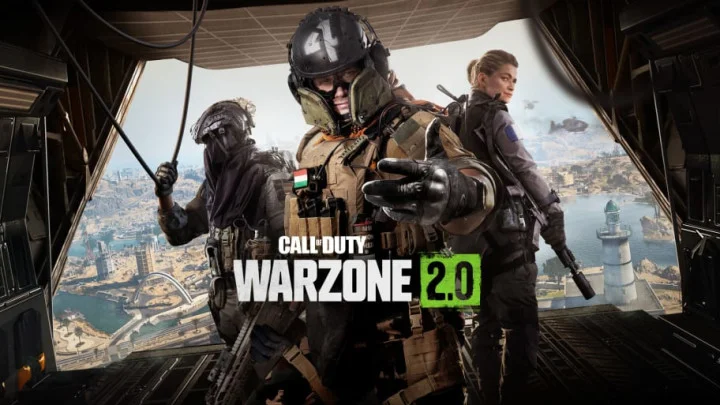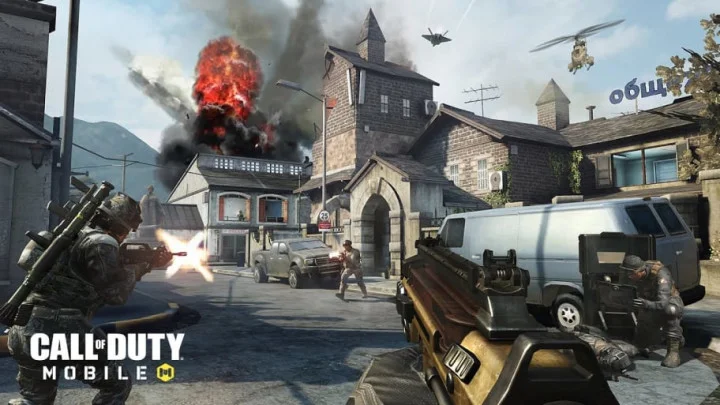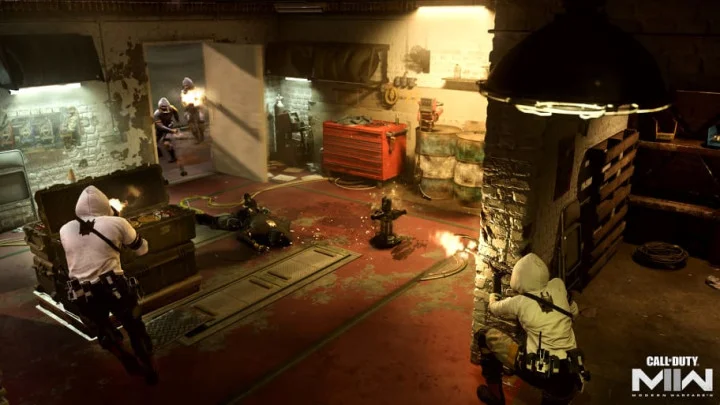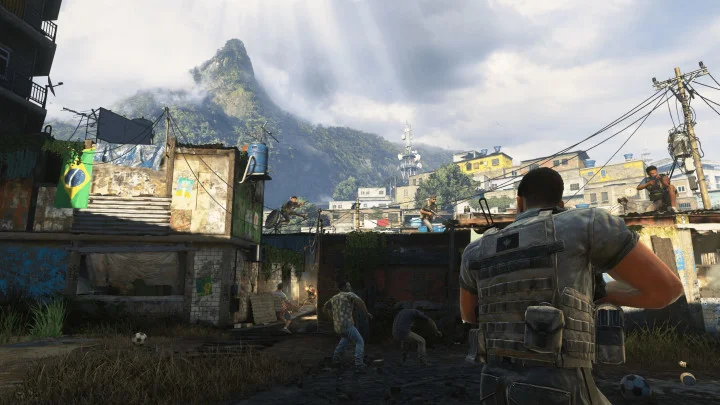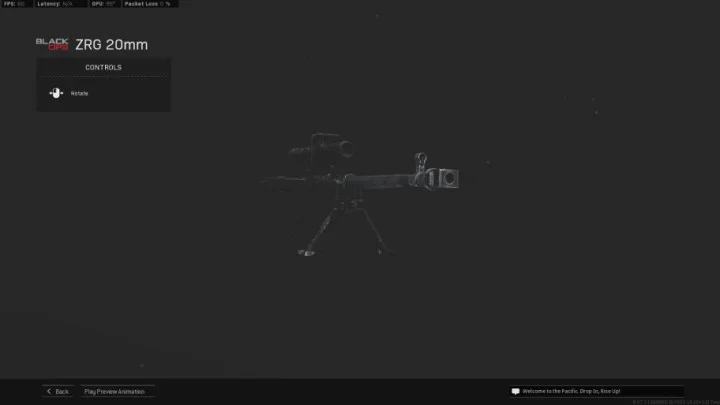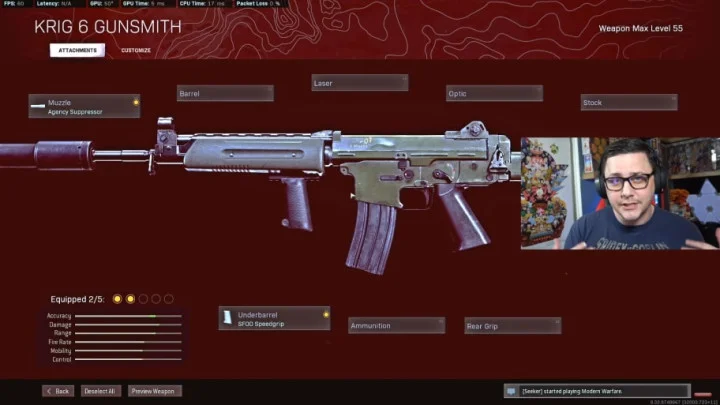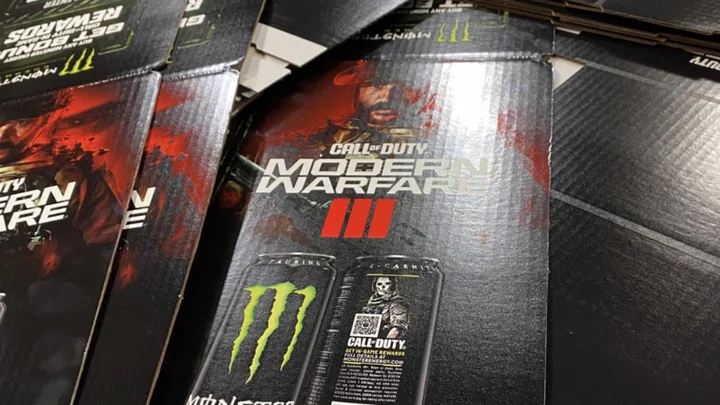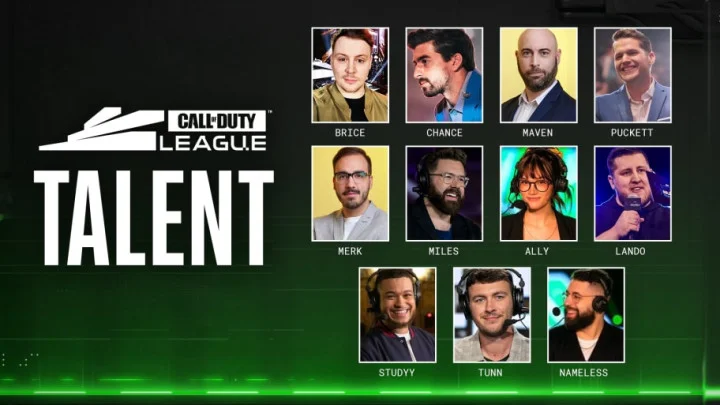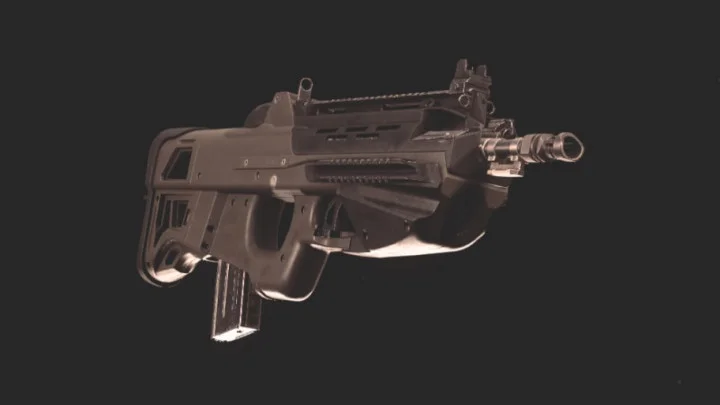With the highly anticipated launch of Call of Duty Warzone 2.0 just days away, Activision released a new blog post detailing all the important key additions and changes coming in the free-to-play experience.
From the revamped battle royale experience to the all-new DMZ mode, here's a breakdown of everything you need to know about the Call of Duty: Warzone 2 at launch.
Warzone 2 Key Additions and Changes Explained
Battle Royale
At long last, players will be able to hop in Warzone 2 and duke it out battle royale-style for free in the city of Al Mazrah within the United Republic of Adal. As alluded to in the Warzone 2 Season 1 roadmap, it appears Infinity Ward has made some major changes to its new BR since its initial reveal during the Call of Duty: Next event in September.
Loadouts will indeed be back in full force for players to grab during Loadout Drop Public Events, which can descend at any time between the second and sixth circle collapses, as well as after clearing a Stronghold or a Black Site. Instead of buying Loadouts from a Buy Station, the Buy Station still contains only Custom Primary Weapons from your Loadouts though.
As opposed to DMZ, Warzone 2 Battle Royale features a Backpack that works in a more passive way — as an extra place for equipment, Armor Plates and other small items if those spaces are occupied on your Loadout or Operator. At any time, you can switch out active Loadout Items with whatever is in the Backpack.
In terms of item gathering, vomit-style loot will return except for these new containers: Duffel Bags, Cash Registers, Weapon Lockers and Medicine Cabinets. By default, Cash, Armor and any items that you already have in your Loadout or Backpack (e.g. a specific ammo type) are automatically picked up.
With the new Interrogation feature, players can shake down downed enemy players to learn the locations of all their allies via red dot pings on the minimap, as well as outlines in the environment (like a Snapshot Grenade), for a short period of time.
In some games, the circle collapse will behave as normal: one circle that closes in several stages. All previous tactics for outrunning the collapse and fighting within it apply. In other games, the circle collapse can split into multiple circles, up to three in some cases. This can happen at any time in between the first and final two collapses.
The new Gulag arena is a roughly symmetrical, small-scale arena meant for 2v2 combat. Operators who are sent to the Gulag will be randomly paired up with another fallen player. All players will receive a predefined Loadout — at launch, this will be a Pistol or Shotgun, a Lethal Grenade and a Tactical Grenade — and placed toward the center. Sometime during the duel, an AI-controlled Jailer wwill jump down onto the circular platform. The Jailer has increased health compared to a normal Operator, as well as a Minigun, which takes a second to wind up before unleashing a storm of bullets. Eliminating the Jailer returns all four Gulag entrants back into the game, while just eliminating the opposition brings one duo back into the match as usual.
DMZ
DMZ is described as an open-world, narrative-focused extraction mode where players have free rein to drop into Al Mazrah to complete faction-based missions, take on additional side objectives, engage with enemy Operators or AI combatants and search for valuable items before working to get out unscathed ahead of the time limit.
DMZ is a single-life game mode in which dying results in the loss of all nonpermanent items in your Backpack. Squadmates can perform revives to save your life, but ultimately, in every match you have the inherent risk of forever losing items earned in the mode. Anything you extract from the DMZ — Cash, weapons and other items — are kept in Storage, which you can access at any time between matches in the prematch lobby.
Instead of dropping in from a plane, Operators are set to enter at random points around Al Mazrah. In theory, not every Operator will be completing the same tasks. While there are always faction missions to complete, there are also Contracts to find, events to encounter and points of interest to explore. All of this is usually marked on the Tac Map.
As touched on earlier, DMZ will feature the full revamped Backpack system designed by Infinity Ward, which holds everything from weapons and equipment to Cash and other valuables that can be used to buy items at the Shops. While in the DMZ, any found items — from containers, plucked off deceased soldiers, or loose in the world — must be manually placed in the Backpack. Each item picked up in DMZ that is over the Loadout capacity is automatically placed into the Backpack. If at any time you wish to drop or swap something within the Backpack, it must be individually selected and done.
In DMZ, you can carry the following items in a Loadout: two weapons with their maximum amount of ammo, two equipment pieces, a Field Upgrade, a Killstreak, Armor Plates and a Gas Mask. Everything else — such as Cash, additional ammo, weapons and equipment, and valuables — is stored in the Backpack.
Every item, including Loadout items like weapons, also has a Cash value associated with it. Exchange them at Buy Stations for Cash to use for missions or other items.
At any time during the match, players have the option to exfiltrate. Do this by calling in a helicopter transport at specific marked locations on the map and defending your ground. After you manually activate an extraction point by calling in an exfil helicopter, the point will be marked on the Tac Map for all other squads. At the same time, AI combatants will begin to swarm the area to prevent your escape. After all marked exfil locations on the map are used, a final exfil point is revealed — this is the last means of escape before the match is over.
Found across DMZ, Contraband Weapons are the primary means of defense and are the main items permanently lost in the DMZ upon death. Any weapon found within DMZ is considered a Contraband Weapon. This includes weapons found on Operators or combatants, or loose in the world or within containers. Contraband Weapons can contain anywhere from zero to five attachments, and may not be the most effective version of that weapon possible. In DMZ, extracting with any Contraband weapon (e.g. the M13B assault rifle) unlocks it across all other game modes.
Weapon Blueprints in DMZ have a unique property; they are not permanently lost upon death. Instead, dying with a Weapon Blueprint on your person makes the Blueprint inaccessible for a period of time, usually a few hours.
Your main objective in DMZ is to complete missions given to you by three factions: Legion, White Lotus and Black Mous. These missions are selected prior to each match and can be completed at your own pace.
The Assimilation feature allows players, through Proximity Chat and calm heads, to team up with other squads instead of fighting them. After assimilating, Operators cannot pull a General Shepherd and cut loose ends as friendly fire is disabled on temporary squadmates.
Battle Royale and DMZ
Debuting in both Warzone 2 Battle Royale and DMZ are AI-held Strongholds and Black Sites, new Vehicles and the Seat-Swapping, Fuel and Gas Station mechanics, Proximity Chat, aquatic combat and more.
An expanded in-match Ping system is said to help players communicate more thanks to a Tactical Ping Wheel. The new "Find A Party" feature is said to expand fill queuing by allowing players to filter their teammate searches with In-Game Communication Style, Main Language and Playstyle.
For more on Call of Duty, be sure to check out our top five lists:
- Top 5 Call of Duty Games of All Time
- Top 5 Call of Duty Guns of All Time
- Top 5 Call of Duty Maps of All Time
- Top 5 Warzone Moments of All Time
- Top 5 Warzone Seasons of All Time
Additionally, feel free to check out our timeline on the history of the Call of Duty franchise!
This article was originally published on dbltap as Warzone 2 Key Additions and Changes Explained.

